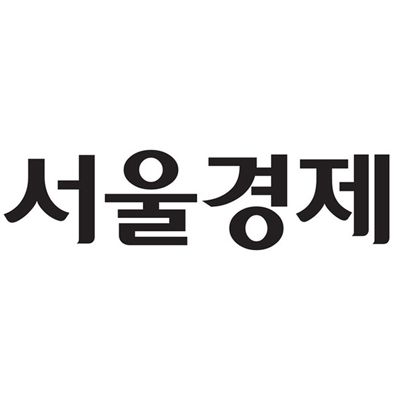The need for management and supervision through the Financial Services Commission
Argument at a debate hosted by the Financial Research Institute
“The collection of payment information through the system
Another big brother possibility” criticism
 viewer
viewer
It was pointed out that such concerns are excessive as the Bank of Korea launched a sharp attack on the amendment to the Electronic Financial Transactions Act as the’Big Brother Act’. There is already considerable financial transaction information in the KFTC, so it is not meaningful to collect additional big tech payment information, and it is a refutation that the establishment of another system that the BOK claims could be another big brother.
At the’E-Financial Transaction Law Amendment Debate’ hosted by the Korea Financial Research Institute on the 18th, attorney Jeong Seong-gu, Kim & Chang Law Firm, criticized Han Eun’s’Big Brother Act’, saying, “The KFTC is already handling personal information related to the operation of the financial settlement network. He dismissed the concern, saying, “The law also has special rules for preventing misuse of information and strengthening security by liquidation agencies.”
Seong-won Jang, executive director of the Korea Fintech Industry Association, who participated as a panel, also said, “I doubt whether the internal payment information inside Big Tech is of a meaningful scale to concern Big Brother.” “The BOK should build another system without touching the payment system. It is contradictory in that Big Tech’s internal payment information collection through the system can be viewed as a Big Brother.”
The conflict between the Financial Services Commission and the BOK was triggered by the proposal of an amendment to the money transfer business in November last year. The amendment is that the Financial Services Commission will have the authority to manage and supervise the liquidation institution, and the BOK appointed the KFTC as the liquidation institution. In response, the BOK criticized the Financial Services Commission for violating the BOK’s intrinsic rights to pay and settled, and the Financial Services Commission is confronting it as necessary for consumer protection. In the document’Position on the Big Brother Issue of the Amendment to the Electronic Financial Transactions Act’ released on the 17th, the BOK said, “The amendment is the Big Brother Act.” “If the amendment is passed, the Financial Services Commission will provide all the transaction information of Big Tech without any restrictions I will collect it.”
In response to this, the Financial Services Commission is in the position that it is an irreversible trend to oblige Big Tech’s internal payment transactions to be liquidated to protect consumers as much of the daily payments are already made by Big Tech. This is because there is no basis for monitoring and supervising the payment and settlement behavior and the flow of funds within the platform like Naver, so in the worst case, even if the user’s recharge is misappropriated like Big Tech’s internal funds, the authorities cannot detect and sanction them. When Big Tech’s external liquidation becomes mandatory, transactions that have been made internally are liquidated through the KFTC and the flow of funds can be managed and supervised in case a problem arises.
Lee Soon-ho, a research fellow at the Financial Research Institute, said, “The purpose of the payment transaction settlement system is to clarify the roles and responsibilities of the payment and settlement system and the operating institution to ensure payment stability.” It is to reinforce the user protection function by intervening by an external liquidation agency with credibility.”
Some suggestion should be made to reduce unnecessary conflicts between related organizations and to discuss the amendment to the banking industry from the perspective of consumer protection and benefit enhancement. Professor Hyun Jeong-hwan of Dongguk University emphasized that “in the process of discussing the revision of the Electric Fund Act, there were many mentions of institutions with credibility. Rather than discussing institutions, discussions should be continued from the perspective of user welfare and protection.”
/ Reporter Lee Ji-yoon [email protected], reporter [email protected]
< 저작권자 ⓒ 서울경제, 무단 전재 및 재배포 금지 >
